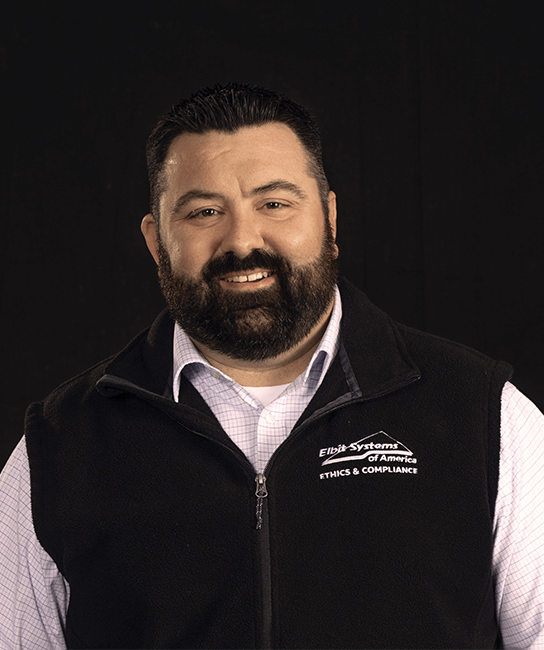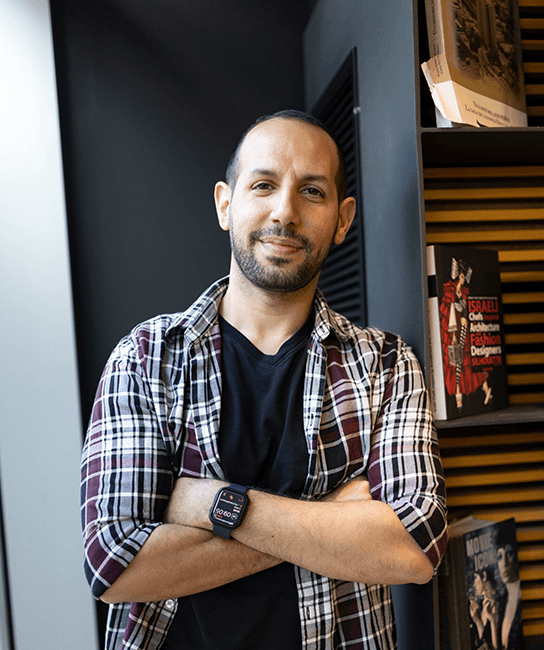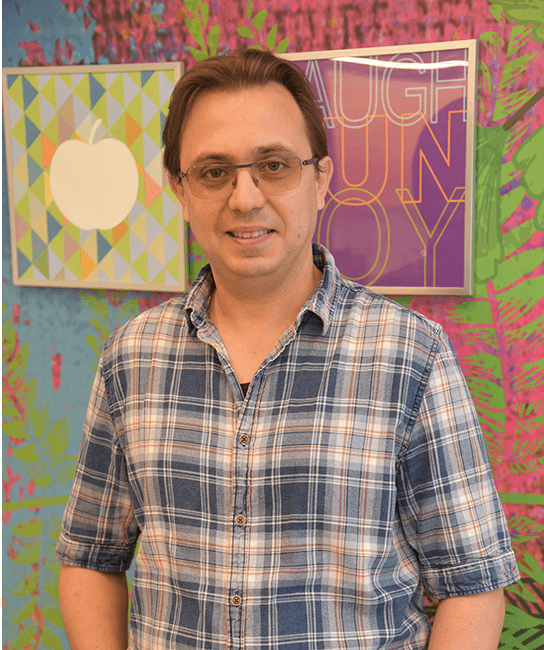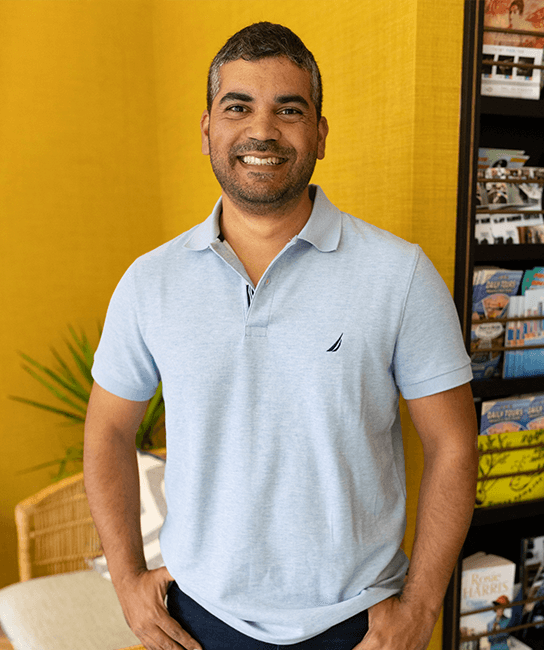For four years now, Michael has been helping to harness the power of technology for people who really need it, in a unique project: ‘Makers for Heroes’. This is a social enterprise that taps Elbit’s technology to develop medical solutions for disabled IDF veterans. This program has earned him the presidential honors title of excellence in social responsibility this year. “Each injured veteran presents a specific problem and we do everything we can to find them a solution,” he says.
My story
Volunteer work is nothing new to Michael, a mechanical engineer at Elbit Systems’ Land and IMI division, and a mechanics leader engaging primarily in weapon system development. He began volunteering with ‘Makers for Heroes’, a joint endeavor with Elbit, four years ago.
In the project, Elbit employees developed technological means to help disabled IDF veterans overcome medical problems. “We try to find technological solutions for all of them. Usually the solutions are mechanical,” Michael says. “The first solution we developed was a system for quick release of prosthetics for a man who lost both his legs.”
In recent years, the project has achieved tremendous achievements, and Michael lists some examples. “We built a product for David, a disabled army veteran with chronic pain syndrome. Even a light gust of wind hurt his legs, to the point that despite being able to walk, he is wheelchair-bound.” Michael and his team, designed a system to protect him from any outside disturbances that could cause pain. “We created an accordion shield of carbon fibers inside a fabric shell. This shield enables him to go into crowded spaces without fear of sudden pain for the first time.
This product could help many people who suffer from similar medical conditions.
“This year, we’re building a special device that enables Tzachi, who has been in a wheelchair for 27 years, to walk”. It is a special walker that simulates Tzachi’s natural movement. “We are happy to be able to help a wounded IDF soldier come back to normal life.”
There is no greater satisfaction than watching these technological advances work their magic for the first time, he says. “David, for whom we developed the carbon shield, could play baseball with his kids for the first time. They came to the closing event of the project, and we were all a bit worried what would happen if his shield took a hit. But it was incredible, watching him play and his shield taking hit after hit without a problem.”







